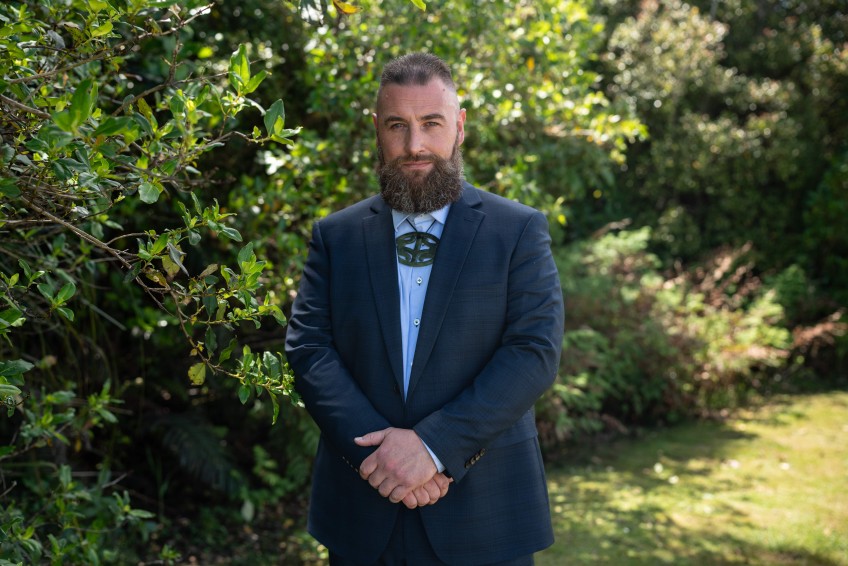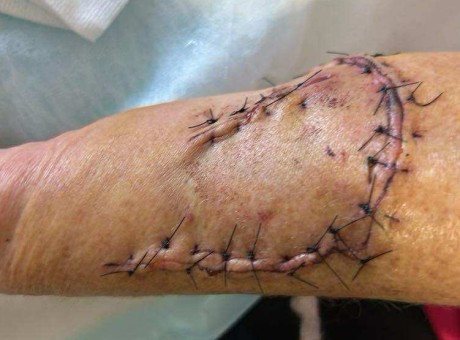Justin Tipa elected new Chair of Ngāi Tahu

From Te Rūnanga o Ngāi Tahu:
Justin Tipa (Kāi Tahu, Kāti Mamoe) has been elected Kaiwhakahaere (Chair) of Te Rūnanga Ngāi Tahu, replacing Lisa Tumahai who step downs after seven years in the role.
Yesterday’s election was held during a tribal hui at Arahura Marae near Hokitika.
A vote for the Kaiwhakahaere Tuarua (Deputy Chair) was also held during the hui, however the vote was drawn, meaning another vote for the Tuarua position will occur at the next formal meeting of Te Rūnanga o Ngāi Tahu in early 2024.
Te Rūnanga o Ngāi Tahu is responsible for protecting and advancing the collective interests of more than 80,000 iwi members and the governance of a diverse portfolio of assets and interests.
Justin Tipa becomes Kaiwhakahaere after representing Te Rūnanga o Moeraki on the tribal council for the past two years.
“I am humbled by the support I have received throughout the motu and understand the weight of expectation that comes with these roles.
“I will always acknowledge our pakeke and kaumātua who have sacrificed much to build our tribal strengths. I do not underestimate the mahi ahead to continue to move our iwi forward.”
Justin Tipa says he is committed to listening to whānau and ensuring there is tikaka-based decision making at Te Rūnanga o Ngāi Tahu.
Kāi Tahu whānau will have an opportunity hear from their new Kaiwhakahaere during today’s Hui-ā-tau. Around 600 whānau are expected to attend the hui, which is hosted by Te Rūnanga o Ngāti Waewae this year, one of the tribe’s 18 Papatipu Rūnanga.
“Hui-ā-tau is an opportunity to come together kanohi ki te kanohi (face to face) and to hear directly from Kāi Tahu whānau,” says Justin Tipa.
“Like all New Zealanders, our whānau are experiencing the ongoing effects of rising living costs, so hearing the issues that matter to them are essential as we plan the delivery of our tribal programmes.
“I am proud to lead an iwi which has invested $930 million into tribal development since our Crown Settlement 25 years ago. It is our duty to serve our whānau now and into the future – Mō tātou, ā, mō kā uri ā muri ake nei – for us and our children after us.”

























